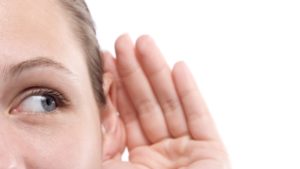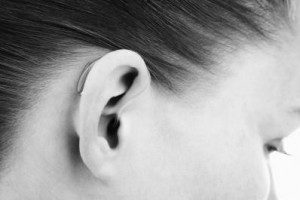 Stephen Geller Katz LCSW-R
Stephen Geller Katz LCSW-R
Misophonia Cognitive Retraining Therapy
 Stephen Geller Katz LCSW-R
Stephen Geller Katz LCSW-RMisophonia Cognitive Retraining Therapy
Misophonia Cognitive Retraining Therapy, as featured on the MTV True Life episode: “I Have Misophonia” premiering Friday, December 16th, 7:00 PM EST. See Clip >
|
|
|
| Moderate to severe anxiety triggered by chewing sounds, including: | ||
|
|
|
You may also be affected by visual stimuli, such as repetitive foot or body movements, fidgeting or movement you observe out of the corners of their eyes. Intense anxiety, rage and avoidant behavior may develop as a result of misophonia.
 * Do you feel your family and friends don’t understand how much you suffer?
* Do you feel your family and friends don’t understand how much you suffer?
* Do you often feel you can just suffer through a social event where there is eating present only to find that you must “escape” before you have a panic attack?
* Do you find that some people are at first understanding and make some efforts not to make the triggering sounds in front of you, but soon forget and constantly have to be reminded, causing you to feel angry, anxious and depressed?
* Are you avoiding social activities that you enjoy because of the misophonia?
* Are you fearful of losing your job and/or is the misophonia effecting your job performance?
You may be a candidate for Misophonia Cognitive Retraining Therapy, or MCRT.
Stephen Geller Katz, LCSW-R, with over 20 years of clinical experience, a New York University graduate, developed Misophonia Cognitive Retraining Therapy and founded Misophonia Cognitive Center™ in response to the growing number of people with Misophonia coming to his private practice from audiologists and ENTs. He discovered that by helping people to retrain and reinterpret the thoughts around their Misophonia, anxiety and depression symptoms began to improve. But even more important so did the Misophonic trigger response.
 Misophonia can be life changing. If you have or struggle with this condition, you know that certain sounds can trigger bad reactions in your mind. You hate them. They make you anxious, angry, or even just overwhelmed. No matter how severe your condition is, one thing is for certain. Treatment for Misophonia is often available. When you meet with your LCSW-R in New York City, you’ll learn more about the treatment that is best for you. Many people benefit from the use of sound therapy, or the use of background noise.
Misophonia can be life changing. If you have or struggle with this condition, you know that certain sounds can trigger bad reactions in your mind. You hate them. They make you anxious, angry, or even just overwhelmed. No matter how severe your condition is, one thing is for certain. Treatment for Misophonia is often available. When you meet with your LCSW-R in New York City, you’ll learn more about the treatment that is best for you. Many people benefit from the use of sound therapy, or the use of background noise.
 It may not seem like a simple outcome – how can adding more noise to your experience help improve the condition you have? Some people find significant benefit from sound therapy. In this type of therapy, different sounds are used to counteract the noise that bothers you. This noise will be called the trigger sound. No matter what it is, the goal is to retrain your brain to not be bothered by it any longer. To do that, it is important to mask that sound with the use of other sounds or background noise. This is all done in a facility or doctor’s office – you will find success there, not just doing this at home.
It may not seem like a simple outcome – how can adding more noise to your experience help improve the condition you have? Some people find significant benefit from sound therapy. In this type of therapy, different sounds are used to counteract the noise that bothers you. This noise will be called the trigger sound. No matter what it is, the goal is to retrain your brain to not be bothered by it any longer. To do that, it is important to mask that sound with the use of other sounds or background noise. This is all done in a facility or doctor’s office – you will find success there, not just doing this at home.
 When background noise becomes the treatment option for Misophonia, the goal is very simple. Your doctor will position a device that looks much like a hearing aid behind your ear. There is a funnel or tube that runs into the inner ear. This sends background noise into the ear. The sound may be similar to a sound that’s soothing such as a waterfall. The noise you now hear is soothing and relaxing. It helps to distract your brand from the trigger sound. As a result, you have fewer reactions to that trigger sound when you hear it.
When background noise becomes the treatment option for Misophonia, the goal is very simple. Your doctor will position a device that looks much like a hearing aid behind your ear. There is a funnel or tube that runs into the inner ear. This sends background noise into the ear. The sound may be similar to a sound that’s soothing such as a waterfall. The noise you now hear is soothing and relaxing. It helps to distract your brand from the trigger sound. As a result, you have fewer reactions to that trigger sound when you hear it.
Over time, this treatment along with other types of therapy including talk therapy can lead to significant improvement in your reaction to the trigger sound.
Background noise and other forms of sound therapy may help with Misophonia. If you suffer from this condition, it is important to meet with your LCSW-R in New York City to learn more about the comprehensive treatment options that are right for your specific needs. Call our office to discuss the options available to you.